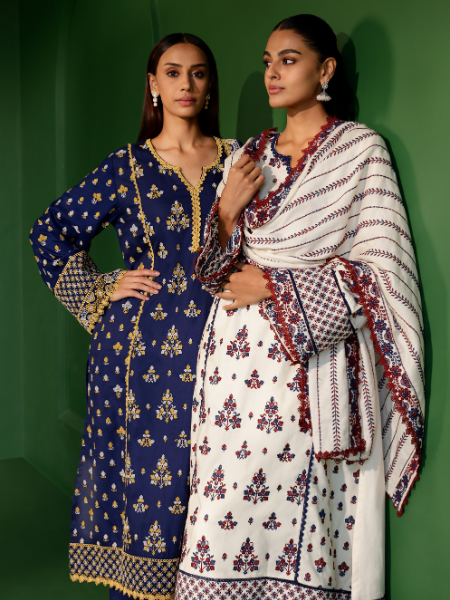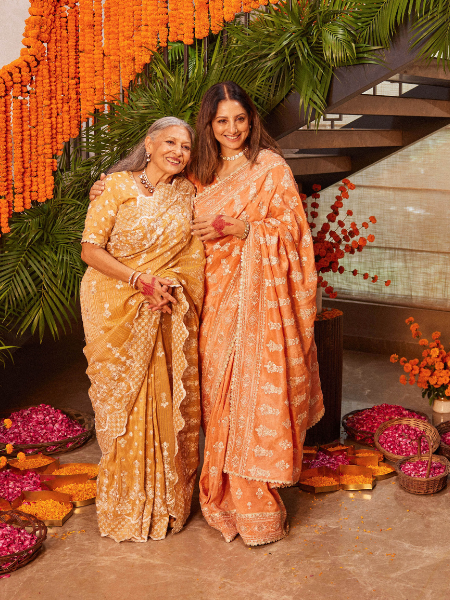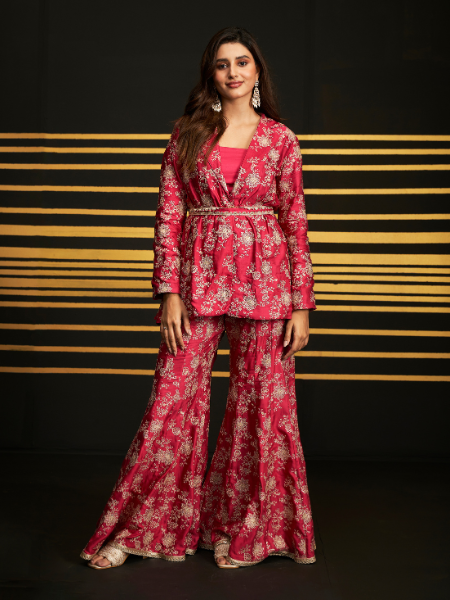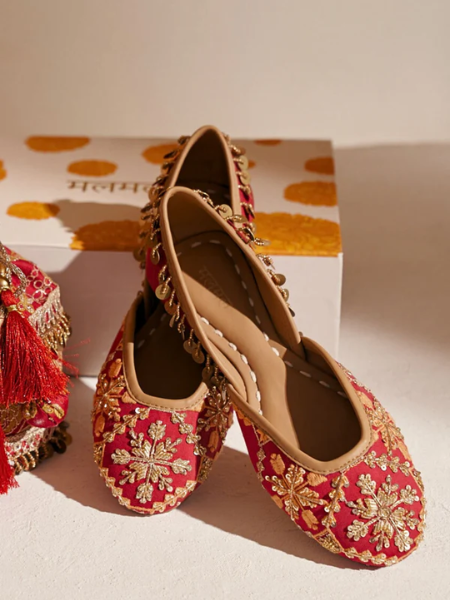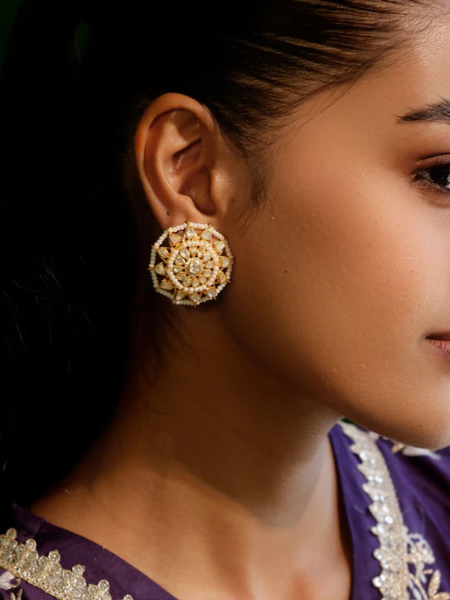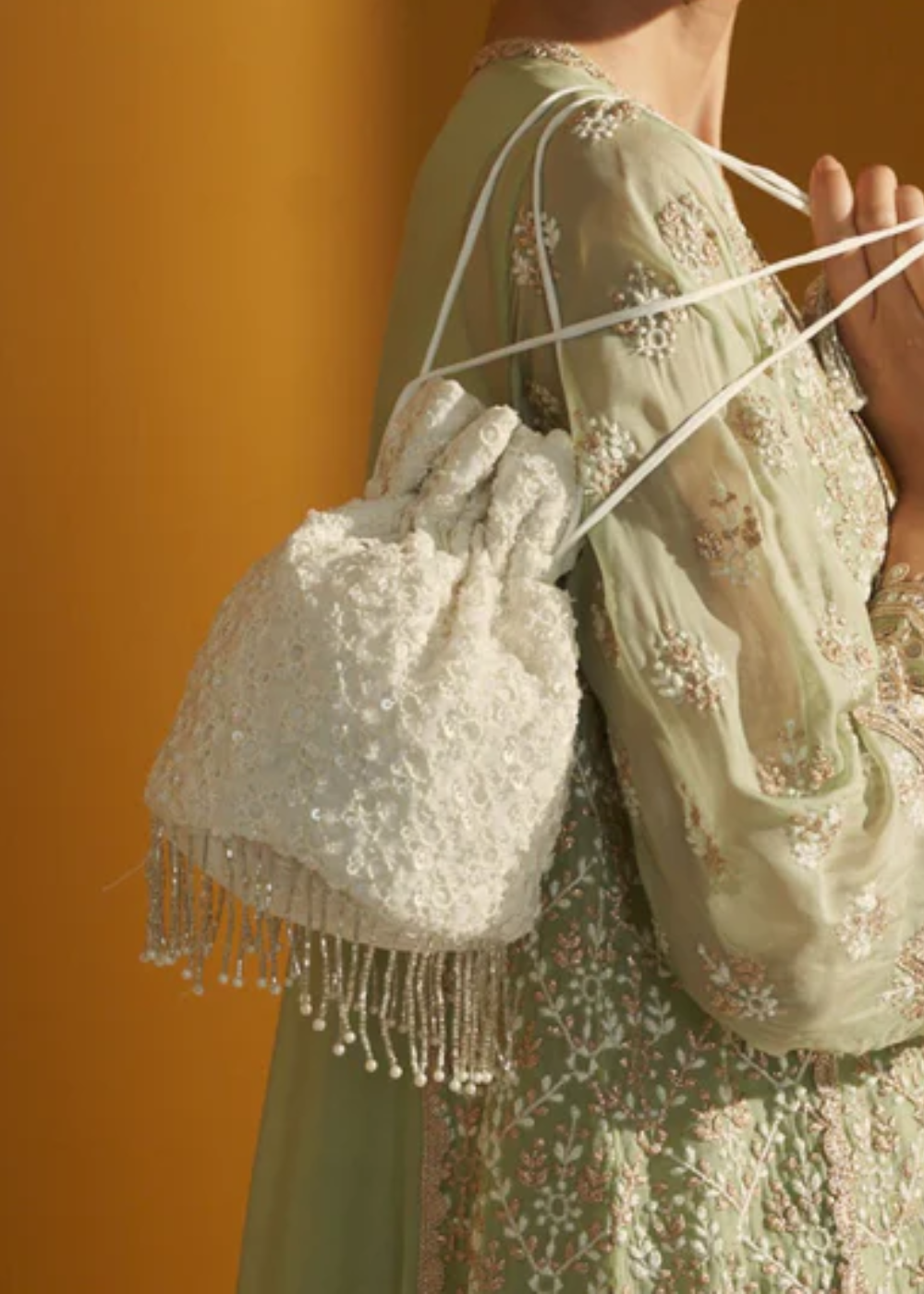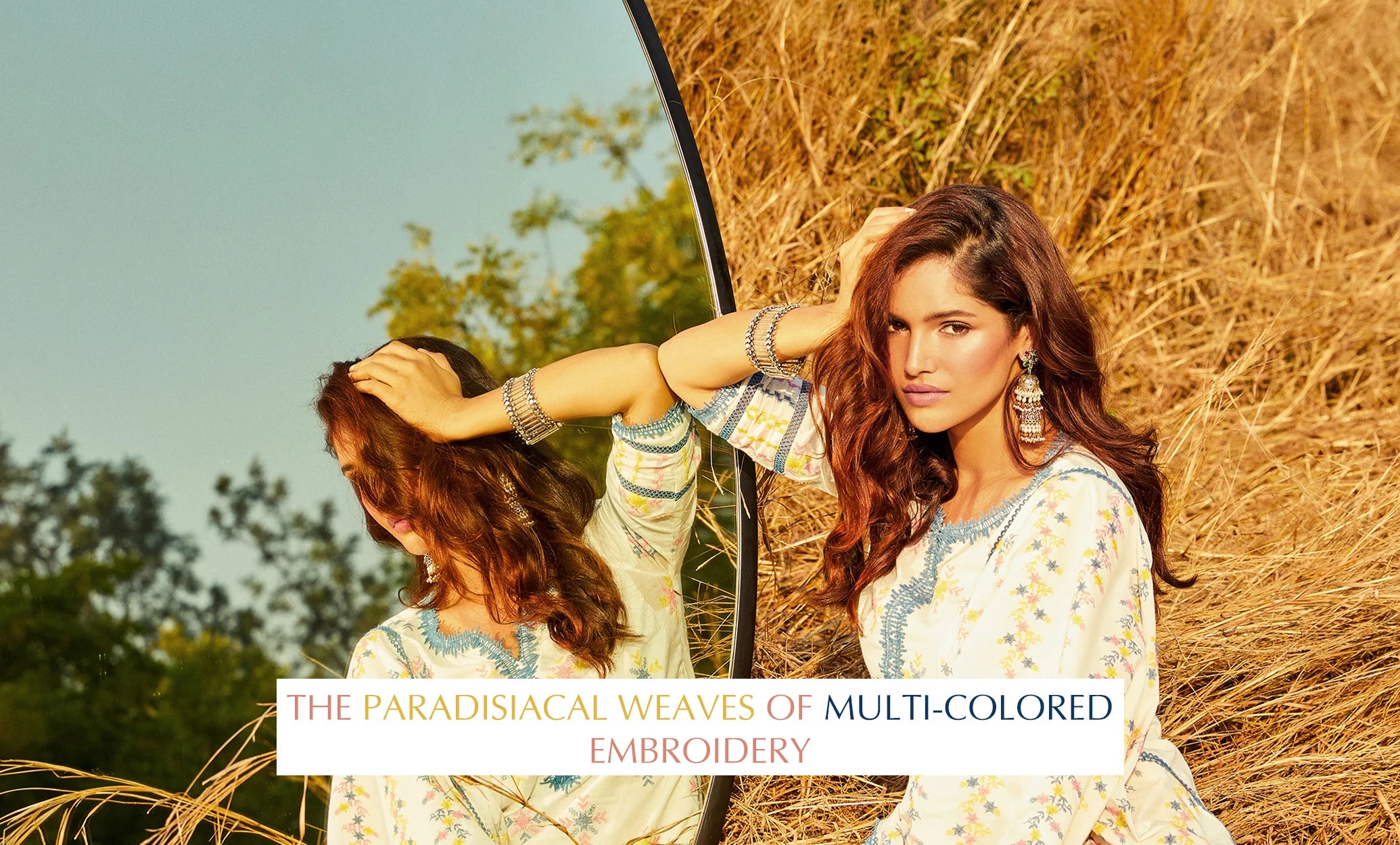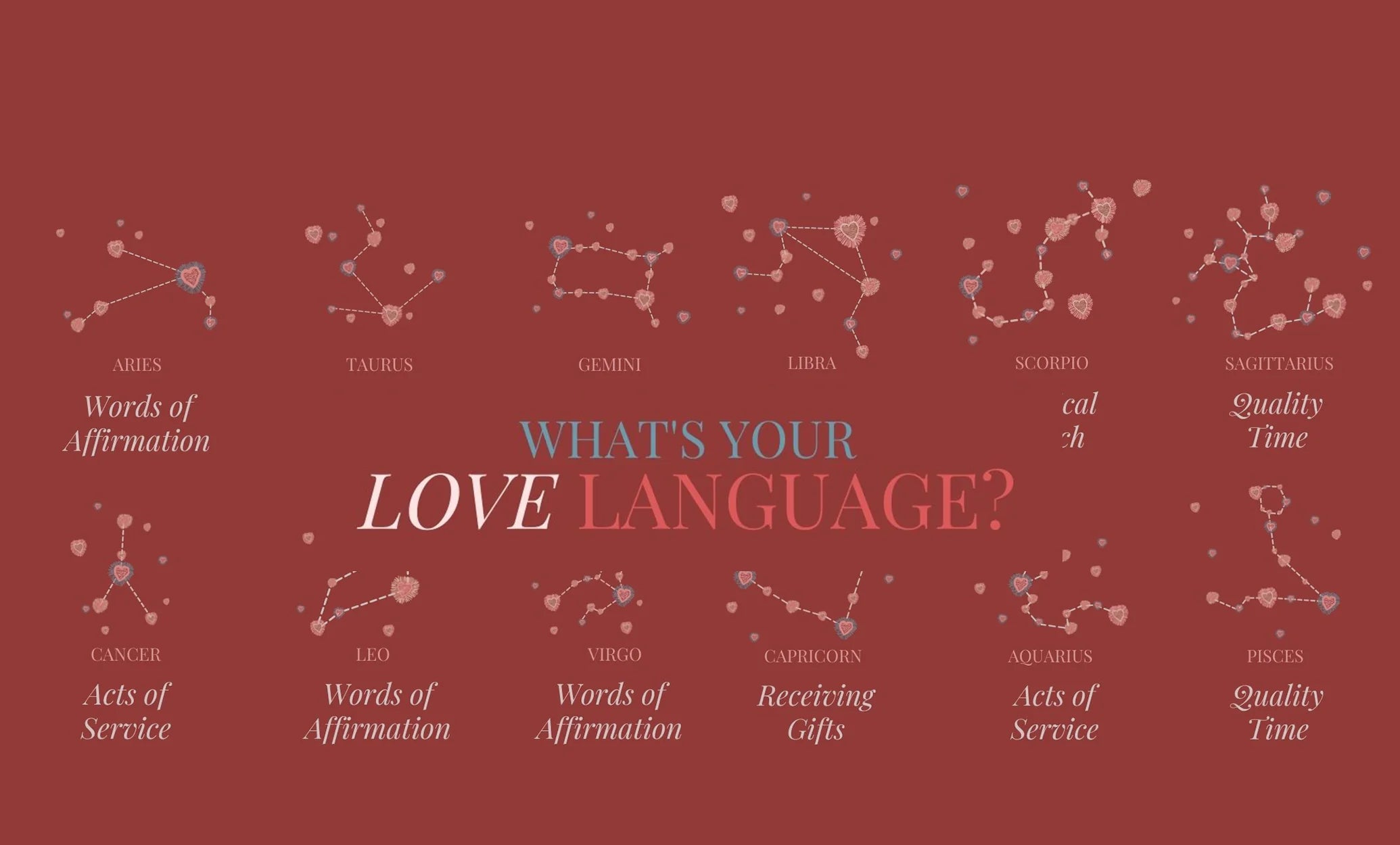
Source: Walking towards Zero Waste Fashion
With the fast paced world of the internet it is nothing but easy to communicate to a large audience the need of the hour. It is in the little things which leads to big disastrous results and also it is little steps which lead to big changes.
With the increasing awareness people are taking initiatives to make this world a better place for all of everyone. One such step is Zero Waste Fashion. As easy and straightforward as it sounds, it’s a little bit more difficult to implement and complex to understand.

Source: Zero Waste Living
- What is Zero Waste Management?
- What is Zero Waste Fashion?
- Why is Zero Waste Fashion important?
- How to be a Zero Waste Fashion Brand?
- How Mulmul is becoming a Zero Waste Fashion Brand?
- Conclusion
What is Zero Waste Management?
“Zero Waste” is a method of eliminating the generation of materials that have no viable or economic option for end-of-use management. The age of waste can be brought down through an assortment of alternatives, including reducing, reusing, recycling, or making a fitting move to prevent waste through plan and designing arrangements. Numerous people, organizations and districts keep on endeavoring to accomplish zero waste objectives.
In simple words, a product or process that eliminates waste materials. The term can be applied to various industries & can even encompass a 'way of life'. A zero-waste strategy supports all three of the generally accepted goals of sustainability i.e. Economic well-being, environmental protection & social well being.
Similarly, Mulmul is also proud to say we are on our way to becoming a Zero Waste Management Brand.

Source: Reduce, Reuse, Recycle
What is Zero Waste Fashion?
Fashion holds second place among the polluting industries and has a huge impact on the environment. During the course of the production of garments, a substantial amount of waste is generated.
The chief constituent of the garment industry’s solid waste is cloth. Millions of tons of clothing waste are dumped in landfills, which may take one to five months to fully biodegrade, with the condition that the waste comprises only organic cotton fabrics.
Zero waste fashion is about using existing materials and textiles to their full limit and not delivering material or other textile waste until the first is totally utilized. Conversely, while some zero waste products are made from eco-friendly materials, they are more centered around aiding the purchaser or client of their items, denying fast fashion and creating timeless styles.
Mulmul is one such brand. The cotton used at Mulmul hardly ever pills, which means that our garments stay in top-notch and wearable condition for a longer period. Moreover, it is resistant to fraying, tearing, and wrinkling, making it stay in your wardrobe for longer.
Why is Zero Waste Fashion Important?
The past two years (2020-2021) are proof that sustainability is the key. Now there are various brands like Mio borsa, Maati by Neha Kabra, Rengé, Insom, B Label, who are adopting the concept of sustainability.
A zero-waste policy needs to be adopted to identify inefficiencies in the use of inputs like raw materials, power and workforce.
Mulmul has been a sustainable brand since the start, slow fashion is embedded in our brand DNA as we produce limited and timeless pieces from mulmul to dwindle our carbon footprint.
Moreover, Mulmul cotton is made from 100% plant-based materials, making it a biodegradable fabric that does not hurt the earth. Also, we at Mulmul have our own mills to handspin yards of mulmul cotton, culminating in less wastage of the fabric.
How to be a Zero Waste Fashion Brand?
There are two main approaches to achieve zero waste in the garment creation process.
- Zero Waste Design: Designers can use special pattern-cutting processes to reduce or eliminate textile waste. This is also known as clever cutting, where the fabric is cut in a way which leads to more optimal use of the fabric.
- Zero Waste Production: This is when designers reuse excess fabric in other pieces. It’s common for brands to use the remaining fabric leftover from garment production for smaller accessories like headbands or bags.
Beyond creating no new waste, fashion brands can also help reduce existing waste by using existing materials like leftover deadstock that has been discarded by big garment factories, upcycled post-consumer materials such as rubber tires headed to the landfill, or other recycled materials for their collections.
Mulmul is proud to say that we don't waste our textiles and the left fabric is used to make handkerchiefs under our new initiative. Moreover, it is used to promote livelihood and women's empowerment, the handkerchiefs are being manufactured by women living in a small town in Uttar Pradesh called Puran Nagar.

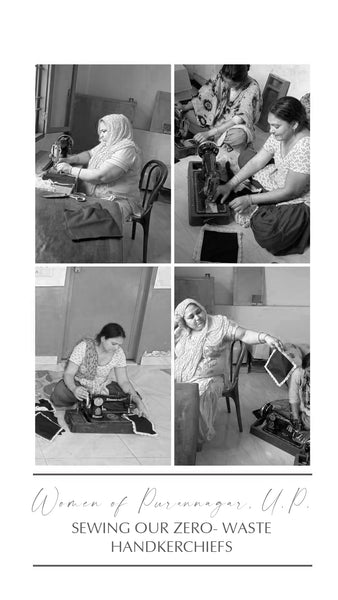
How Mulmul is becoming a Zero Waste Fashion Brand?
- Handcrafting capsule collections
A capsule collection is a compact minimalist wardrobe that consists of a few high-quality pieces. All our styles are not only 100% Pure Mulmul Cotton but also sustainable by design. Mulmul other than being a delight for the eyes is also an incredibly strong fabric that lasts 50% more as compared to regular cotton.

- Limited edition styles
We ensure a responsible production process in order to conserve maximum resources. We believe that overproduction is the crux of the waste problem. Hence, all our styles are limited edition as we make only a certain number of pieces for each design.
Mulmul uses every scrap fabric and lace to make environmentally conscious products such as handkerchiefs , masks, scrunchies and potli bags. We are always implementing different ways to use the existing materials to their full capacity.
- Using recycled paper
We have replaced our thank you notes that go with each order with recycled paper envelopes. We believe Mother Earth has given us so much, it is time we give back to it by taking conscious efforts in our daily practices as a brand.

- 100% biodegradable packaging
Mulmul is proud to have completely eliminated plastic packaging in the past year. We believe that conscious packaging is an essential part of creating a more environmentally friendly supply chain.

Conclusion
Zero waste in the context of fashion is anything that seeks to eliminate waste from the production of clothing. And in the coming years it will prove to be the name of the game.
As the consumers are also becoming aware about the environment; there is a shift seen in consumers opting for slow fashion clothing in comparison to fast fashion clothing in previous years. Hence as a result, many fast fashion are also shifting towards conscious and sustainable clothing.
Shifting the conversation beyond zero waste design methods towards more systematic approaches like localized manufacturing and collaborative supply chains, it becomes clearer that zero waste fashion is so much more than just cleverly arranging pattern pieces.
We at Mulmul believe as an industry we need to transition towards a fashion system without multiplying waste and with our conscious efforts we can make a difference to reduce the collective impact we have on the environment.

